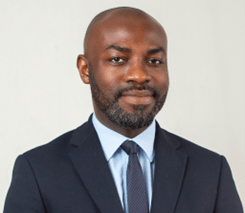Recent Posts
Most Popular
BRICS New Development Bank battling multipolar challenges
By Kestér Kenn KLOMEGÂH
On the sidelines of the St Petersburg International Economic Forum (SPIEF), Russian President Vladimir Putin has held a working discussion with...
The Real Cost of Cheap Imports and Why Food Security Isn’t About Yield Alone
Tomatoes from Burkina Faso, onions from Mali, rice from Vietnam, frozen chicken from Brazil. Ghanaian markets are flooded with food imports that, on paper,...
Enabling Africa’s full potential is what drives the MTN Group
By Ralph MUPITA
Connectivity is more than technology; it’s about opportunity, making digital inclusion a critical catalyst for the continent’s socio-economic growth.
When people ask what...
Why Do Ghana’s Agri Plans Keep Falling Apart?
Every few years, a new administration in Ghana rolls out an agricultural masterplan with its own slogans, logos, and targets. We’ve had “Operation Feed...
Land degradation, soil infertility threaten food security – Tamale MCE warns
By Samuel SAM
The Metropolitan Chief Executive (MCE) for Tamale, Abu Takoro, has raised alarm over worsening land degradation and declining soil fertility in the...










